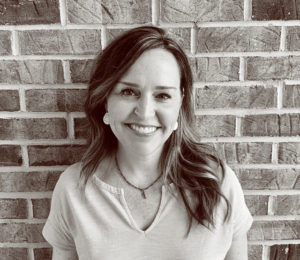Few people have an instant realization that they would benefit from sitting down with a counselor. Most of the people we help go back and forth for a long time before picking up the phone to make an initial appointment with us. A lot of times friends and family mention that maybe counseling would be a good idea, but the suggestion is met with resistance and offense, rather than taking the recommendation as a caring opportunity.
If you’re going back and forth, rest assured that’s normal. It does take courage to make the decision to seek help. But if you’re thinking that you may benefit from counseling, it’s a sign that you probably would. And trust us when we say we see all kinds of people from all walks of life. People who sit next to you in church, who shop at the same stores or perhaps work with you. We see business owner, church leaders, other professionals, parents, men, mom, and even young kids. We might be biased, but we believe there are few who wouldn’t benefit from counseling.
As professional counselors, our goal is to help you better understand yourself and how you interact with other people, so you can actually take control of your life and decisions, be the person you want to be, and achieve the goals that are in your heart. We don’t have a standard list of answers or solutions, because every person is unique. We listen carefully and ask questions to learn more about you. We’ll offer suggestions, and after you try them, we’ll talk about how they worked.
You see, counseling’s role isn’t to “fix” you. It’s to help you better understand yourself and make the most of who you want to be. Many people reach out to us because their lives seem to lack meaning, they don’t feel worthwhile, they find some challenges overwhelming, or they just don’t seem to feel joy from their relationships or activities. A common phrase we hear is “I just feel stuck.” The people who say that know there is something better out there, but they don’t know how to move in that direction.
One of the most important elements of counseling is confidentiality. A professional counselor is required to keep his or her conversations with you private (with a few legal exceptions related to safety). That means you can share your innermost thoughts without fear that anyone else will hear them. You can tell a professional counselor things you wouldn’t even feel comfortable telling your closest friend, and you don’t have to worry that your counselor will judge you or view you as a bad person. The best part is, when you leave the office, all of what you share stays in the office – while what you want to learn and change goes with you.
Ultimately, counseling’s success depends upon your commitment to the process. If you’re completely honest and are open to ideas and change, you’ll gain the greatest benefits. We are here to help you when you care enough to begin making change.

Sarah Barksdale is one of Care to Change’s professional team members. A pastor’s wife and therapist, she has worked with teens, young married couples, parents, and those struggling with